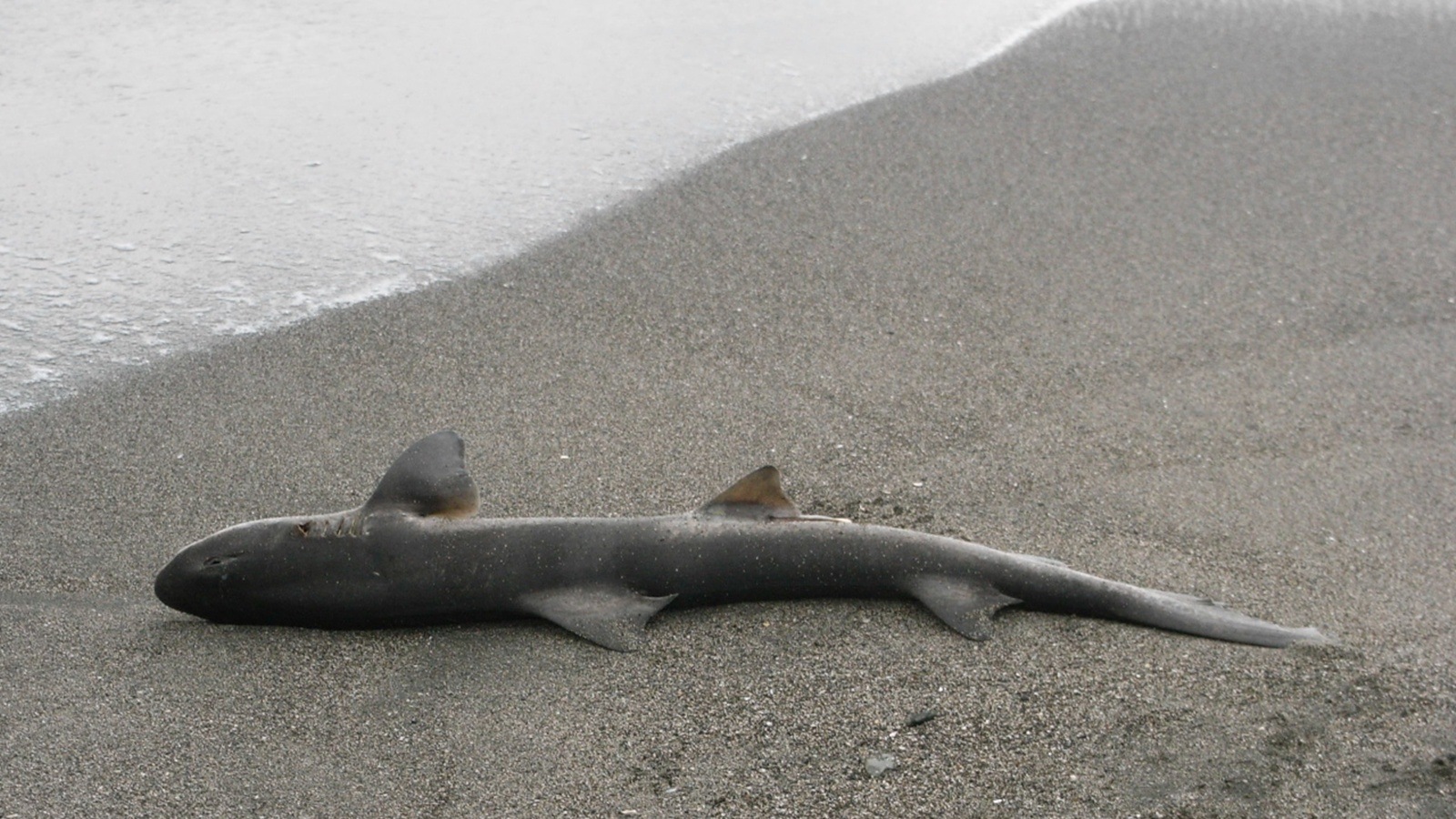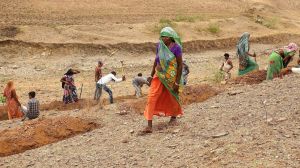Stay updated with the latest - Click here to follow us on Instagram
Sharks, octopuses among 200 species killed by toxic algae in Australia
One of the causes of algal bloom identified by the state’s environmental department is the ongoing marine heatwave, which has led to a rise in water temperature by 2.5 degree celsius.
 The algae produces poison which acts like a blanket above the water body and suffocates marine life, including fish, rays and sharks to death. (Representational image/ Wikimedia Commons)
The algae produces poison which acts like a blanket above the water body and suffocates marine life, including fish, rays and sharks to death. (Representational image/ Wikimedia Commons)A toxic algae bloom off the coast of South Australia, which has been affecting the coastline since March, led to the killing of more than 200 marine species, including sharks and octopuses.
The toxic algal bloom has now spread to about 150km on the coastline and nearly half (47%) of the dead species belonged to ray-finned fish while another 26% were sharks and rays, according to an analysis by OzFish, The Guardian reported.
The algae responsible is called Karenia mikimotoi and it is reported to be like a toxic blanket which has smothered marine life, the OzFish South Australia project manager Brad Martin said.
The algae produces poison which acts like a blanket above the water body and suffocates marine life, including fish, rays and sharks to death. “It’s an unprecedented event, because the bloom has continued to build and build,” wildlife scientist Vanessa Pirotta said, BBC reported.
More than 200 marine species off the coast of South Australia (SA) have been killed by a weeks-long toxic algae explosion, in what conservationists have described as “a horror movie for fish”.
The algal bloom – a rapid increase in the population of algae in water systems -… pic.twitter.com/riYlLbEIYC
— Rita Rosenfeld (@rheytah) May 13, 2025
Martin further explained that toxic algae can suffocate fish from their gills, cause haemorrhaging by attacking their red blood cells, and act as a neurotoxin which could attack the water creature’s nervous system and cause unusual behaviour.
“This is why some fish and sharks are acting so strangely and why many of the dead have a red tinge, it is like a horror movie for fish,” Martin said.
One of the causes of algal bloom identified by the state’s environmental department is the ongoing marine heatwave, which has led to a rise in water temperature by 2.5 degree celsius.
Since the density of algal bloom is large in nature, it effectively means that oxygen is being taken out of the water and hence the fishes are suffocating to death. This serious event has been documented with people sending and uploading pictures and videos of dead wildlife washed up on beaches.
According to South Australia’s environment minister, the outbreak has grown to an unprecedented magnitude.
(with inputs from BBC, The Guardian)
- 01
- 02
- 03
- 04
- 05






























